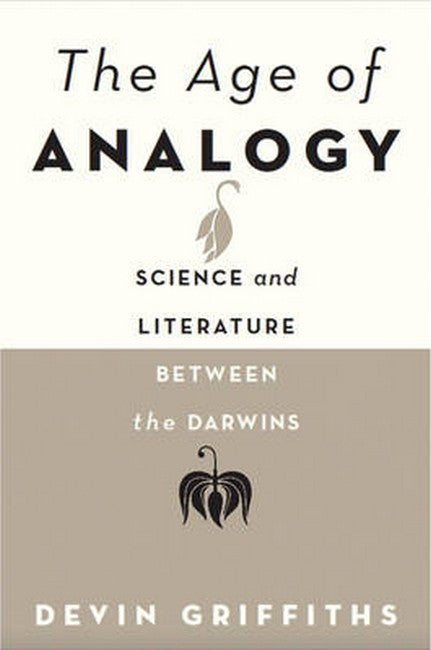Introduction
1. Science, Literature, and History
2. The New Historicism
3. Thinking through Analogy
4. Implications for Comparative Historicism
5. Summary of Chapters
Prelude: Thinking Through Analogy
1. Analogy vs. Comparison
2. Harmonic vs. Formal Analogy
3. Analogy and the ""swerve around the literary""
4. The Sign of Analogy
Chapter 1: Erasmus Darwin, Enlightenment History, and the Crisis of Analogy
I. The Loves of the Plants and Sexual Taxonomy
2. Stadial History and The Botanic Garden
3. The ""Fertilization of Egypt"" and the Flattening of Allegory
4. Expulsion from the Garden: Zoonomia and Darwin's Fall from Grace
Conclusion: ""Philosophical Arguments of the Last Generation""
Chapter 2: Crossing the Border with Walter Scott
1. The Subject of Enlightenment History
2. The Forensic Antiquary
3. Faking the Minstrelsy
4. Linguistic Anthropology in Ivanhoe and Waverley
Conclusion: ""So Leyden were alive""
Chapter 3: Incorporate History in Alfred Tennyson's In Memoriam A. H. H.
1. Analogical Verses
2. Hallam's Perfect Danäe
3. The Logic of Analogy and the Plurality of Worlds
4. Comparative Anatomy and the Archetype
Conclusion: The Higher Type
Chapter 4: George Eliot and False History
1. The Westminster Review and the ""historic imagination""
2. The ""Higher Criticism"" and the Natural History of Social Life
3. Rosamond's Harmonic Sympathy
4. The Entangled Word: Eliot's Essays and the Problem of Organic Form
Conclusion: Origins and Historiographic Form
Chapter 5: The Origin of Darwin's Orchids and the Intent of Comparative History
1. A Comparative Natural History: The Analogy Notebooks
2. Curating Analogy in On the Origin of Species
3. ""A working collection of books"": Darwin and the Novels
4. Orchids in Action
5. Flat Theology
Conclusion: Epitaphs for Darwin
Coda: Climate Science and The ""No-Analog Future""
Notes
Bibliography
Index
Request Academic Copy
Please copy the ISBN for submitting review copy form
Description
""Devin Griffiths's excellent The Age of Analogy: Science and Literature between the Darwins makes a compelling case for the importance of literary language to the development of scientific theory and practice... [The Age of Analogy] demonstrates an encyclopedic grasp of everything from set theory to Saussurian semiotics... As Griffiths so masterfully demonstrates, analogy helps us extend our imaginative apprehension of the world's past and present'as well as its possible futures.""

